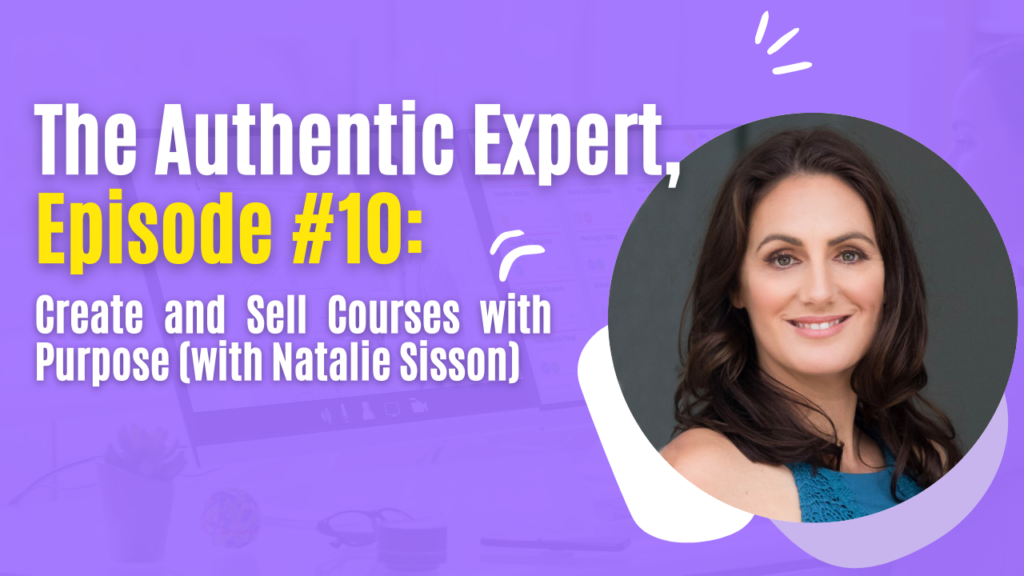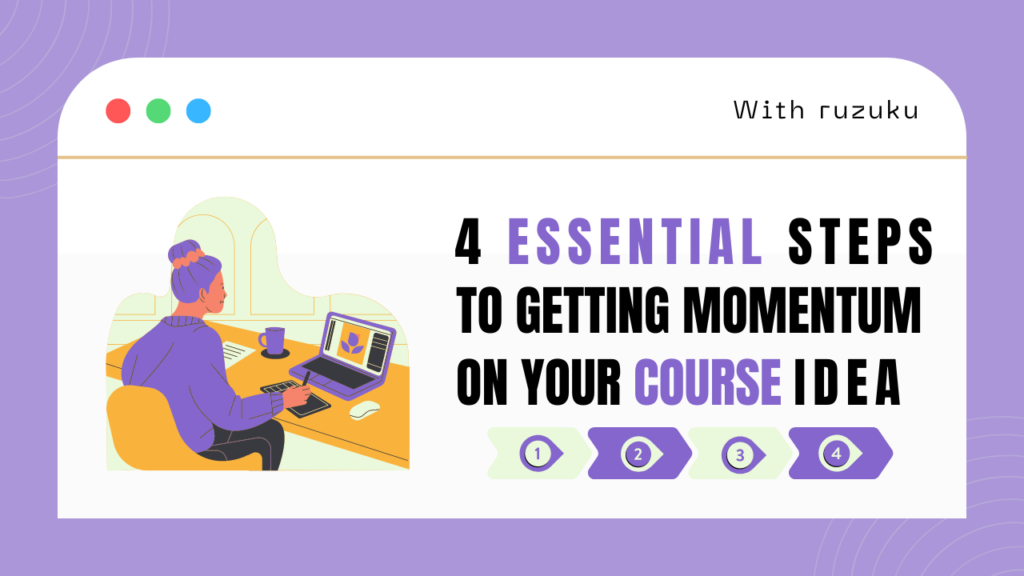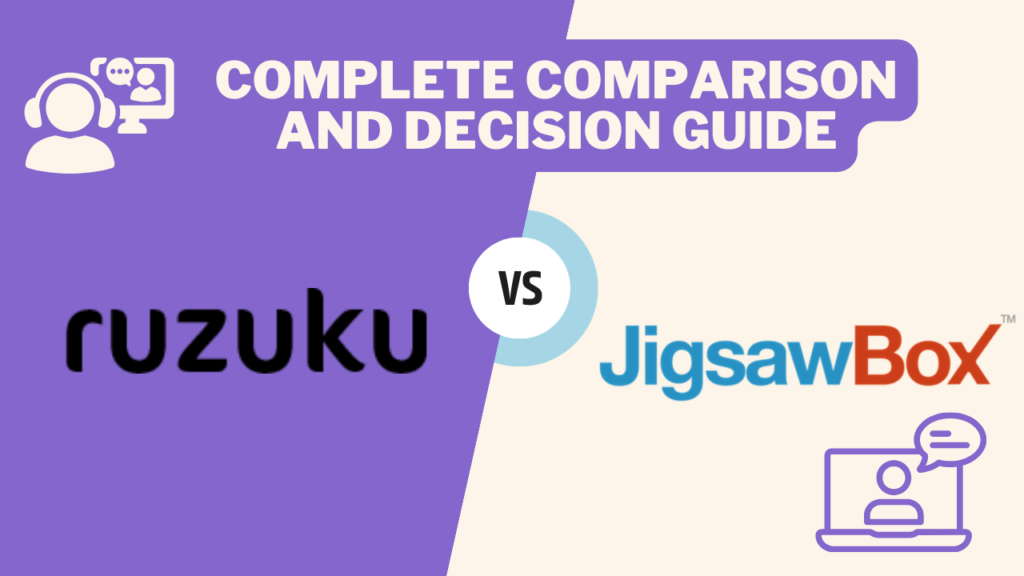Description: Natalie Sisson is the Suitcase Entrepreneur. She focuses on how to get more freedom in her life and her business. In our interview, she shares how she develops and markets online courses that align with her purpose and values.
Don’t miss the next episode!
Subscribe on iTunes, Stitcher Radio, Player.fm or TuneIn.
Or get sign up to get a quick email notice when the next episode goes live!
About Natalie Sisson
My friends call me an adventurer (others use the word nutter) because I have a motto of living life to the fullest. I’m a writer, author, speaker, blogger and fun-loving, down to earth entrepreneur.
I’m ridiculously passionate about building amazing businesses online that you can take anywhere. That means online marketing, social media and new tools and technologies are my life.
Combine that with my absolute love for travel and my addiction to Ultimate Frisbee, and you pretty much have the full picture on me.
I’ve had over 8 years of corporate experience in marketing, communications, brand and product management for some major companies in New Zealand, England and Canada across the widest variety of industries – yep I had real jobs!
Throw into the mix a past life in modeling, TV presenting, Moto-x racing, tennis, netball, triathlons, sailing, and you get the kind of person I am.
A multi-faceted multi-potentialite woman intent on changing my world, and yours for the better. I love learning and then passing on that knowledge here. I heart entrepreneurship. Learn more about Natalie at SuitcaseEntrepreneur.com.
Key Points & Takeaways
- Being authentic to Natalie means having integrity: standing behind who you are. Online, it’s easy to fall into comparison, watching the success other people have instead of focusing on your own values. Simply focus on being the best version of you. As Oscar Wilde said, “Be yourself. Everyone else is taken.”
- Develop strong guiding principles or values. For example, Natalie’s core values are around freedom and flexibility in her life. She develops her business and courses to support these values. Reflect on questions such as, What are the values that are emerging from your work? How can you share those values through your teaching?
- Want to develop effective online courses? Make sure to take these factors into account: how you deliver content; having clear results-based outcomes for each course; different people’s preferences on how they learn best; and creating community engagement to really keep people motivated over time.
- The #1 key for a successful course: have a really clear objective of what a person will come away with at the end of the program. Answer the question,“What will you walk away with?”
- Build accountability into your course, to help people finish — so many people start programs but don’t finish them. Natalie designs her courses with the intention that “people will take action and get results.” Think about how to structure and schedule your course to keep people going after the initial excitement drops off.
- Use Breanne Dyck’s framework for effective course design: Work backwards from the results of the program; ask, what are the levels of mastery people are going through, for each module?. And, what do people need to know, understand, apply and master for each module
- Don’t introduce new ideas and techniques in your course until you’ve built the foundation of understanding for people to learn and apply them. Think about your course as a progression — each part builds upon the last. Keep asking yourself about each new piece of content or idea, “Does it make sense given what we’ve covered so far?”
- To get started marketing a new course, think about “pre-selling” it. Create a simple sales page and email offer, with an early-bird discount price. Write out: here’s what I want to develop, here’s what it’s going to help you do, here are the benefits. Then get people to sign up at a discounted price so you know you’re on the right track. It’s a proven method to verify that people are going to commit, and that your course focus will really help people.
- Once you’ve validated demand for your course, you have to “go all in” and commit all your energy to the launch. The only time Natalie had a launch that wasn’t successful was when she didn’t fully commit to the process and put enough energy into her marketing and pre-course content.
- “It always take much more marketing than you think.” The further ahead you can start your course launch, the better. Natalie now plans 3 – 5 months ahead of her course start, and comes up with ways to feed in content and excite people over time, such as a blog post series, interviews on podcasts, releasing a short eBook on Amazon, or doing an audio series.
- Get people interested and onto an early-bird notification list. Excite people about your course idea well in advance, then build anticipation. Design a whole autoresponder series to nurture this early-bird list. Tease them with little snippets about what you’re and ask for feedback: for example, “in this program I really want you to get the most out of this… hit reply with one of your biggest challenges in this area…”
- Then when it’s time to open registration for your course, focus mostly on the early-bird notification list, with just a few teasers to your larger general list. Remember that you can never be too clear, or repeat yourself enough.
- Each time you do a launch, do an analysis afterwards: what worked best? What can you improve for your next course?
- Consider developing a “light” version of your flagship, scheduled course that you can offer as an always-available, self-study course. Don’t just sit on your great content! Make it helpful to people who couldn’t do your live program.
Natalie’s tips on how to pre-sell your course
- Write up a sales page (make it complete and detailed). Have a skeleton outline of the modules and content.
- Be very clear on the purpose and what results people will get from the course.
- You can also play up the novelty and excitement of being one of the first participants in a new program.
- Email an invitation out at least 4 – 6 weeks in advance of the live class starting.
- Offer an early-bird discoutn with language such as “Be one of the first to get in… here’s the early-bird pricing (e.g. 497 instead of 697).”
- When people join, give them something they can get value out of right away… such as a guide, assessment or audio, and access to a community. You can do this easily on ruzuku by creating a scheduled course, and providing resources in the first Step of the course.
Natalie’s essential insight for creating a course that has an impact
Come back to why you are doing the work that you’re doing.
Stay true to that motivation.
Then ask yourself, Do you feel ‘off tangent’ in any way?
What feedback are you getting from people about what they’re enjoying from you?
Pay attention to those triggers.
Dig deeper to figure out exactly what you stand for and how you can incorporate more of that into the work that you do.
The more powerful your motivation, and your values, the bigger the impact your course will have.
Resources & Links
Starter Kit
Natalie has developed a starter kit to help you get going with your online courses and business. The kit includes:
- The Entrepreneur’s Social Media Workout Book
- Key List of Tools You Need To Run Your Business From Anywhere Checklist
- The Four Things You Really Need To Be Free Audio
- 6 Steps to Building a Profitable Online Business Email Series
Get Natalie’s starter kit to jumpstart your business and your freedom »
Transcript
Coming soon!





